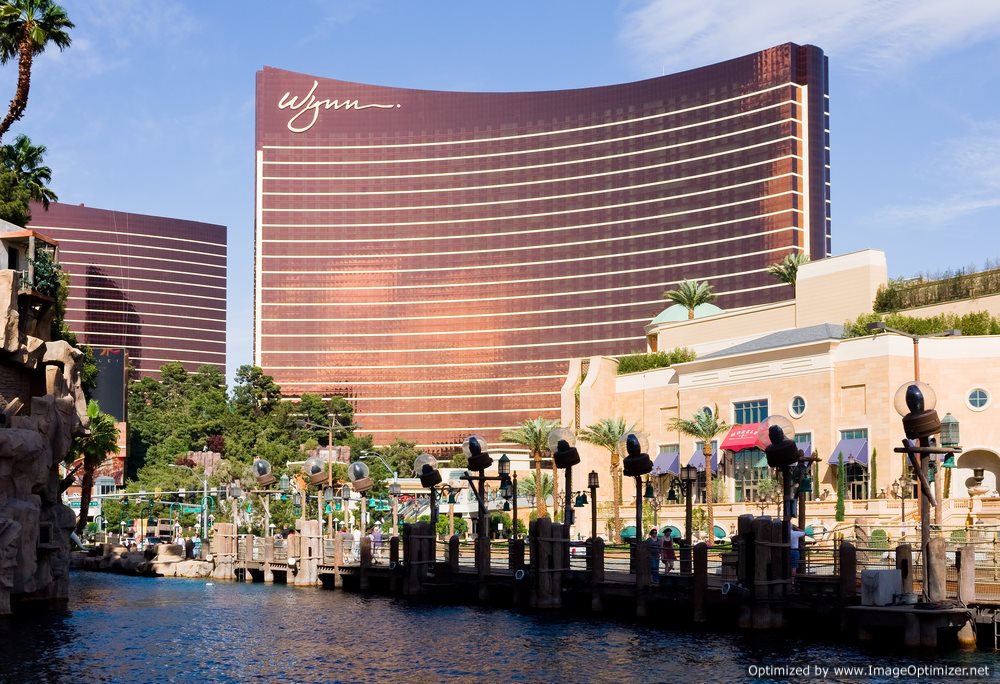
Casino’s Tip Policy Said to Violate Nevada Law: A Deep Dive
Introduction
Nevada, famous for its gambling and casino industry, is also known for its strict labor laws. The law requires that the tips earned by employees in service positions go entirely to the employees themselves. However, a recent controversy involving casinos in Las Vegas has brought to light the alleged violation of this law.
This article aims to provide a detailed account of the events leading to this controversy, the arguments of both sides, and the possible implications of such a violation.
Recent Developments
In August 2021, several news outlets reported that casinos in Las Vegas were allegedly violating Nevada labor laws by holding back the tips earned by their employees. According to reports, the casinos were pooling the tips and redistributing them among the employees of the casino, including those who did not directly serve the customers.
This practice of pooling tips, also known as tip-pooling, is not illegal in Nevada, but it does come with several restrictions.
Under Nevada law, employers are allowed to implement tip-pooling only if the tips are shared exclusively among employees who are in “customarily tipped positions.” This term refers to employees who receive more than $30 per month in tips. Additionally, under the law, employers are not allowed to share the tips of employees in customarily non-tipped positions, such as porters, cooks, and janitors.
However, according to the reports, the casinos violated these restrictions by including employees who were not in customarily tipped positions in the tip-pooling arrangement. This allegedly includes bartenders, slot attendants, and food servers, who are not considered tip-eligible positions under Nevada law.
The Alleged Violation
The reports also stated that the casinos failed to inform the customers that the tips they were leaving would be pooled and returned to the employees in a different way than they had intended. According to the reports, customers were under the impression that the tips they were leaving would go exclusively to the server or bartender who had provided them with services.
The alleged violation of Nevada law by the casinos could have serious implications. If the claims are proven true, the casinos could face hefty fines, lawsuits, and damage to their reputation. Moreover, this could lead to widespread mistrust between the customers and the casinos, affecting the revenue generated by the industry.
Arguments of Both Sides
Casinos in Las Vegas are denying the allegations of violating Nevada law. According to their representatives, the tip-pooling arrangement in place is legal and has been approved by the labor authorities. They argue that the arrangement was introduced to ensure that the tips are distributed fairly among the employees and to prevent discrimination among them.
On the other hand, the employees who claim to be affected by the tip-pooling arrangement argue that they are not receiving what they rightfully deserve. They believe that including non-customarily tipped employees in the arrangement is unjust, as it dilutes the tips of those in customary tipped positions.
Moreover, the employees also claim that they were not informed of the tip-pooling arrangement when they were first hired by the casinos. They only learned of it when their paychecks came in, reflecting the pooled tips. This lack of transparency and disclosure has led to widespread resentment among the employees.
Implications of the Alleged Violation
If the allegations of violation of Nevada law are proven true, it could lead to a loss of trust between the customers and the casinos. The customers could feel deceived and may switch to other casinos, affecting the revenue generated by the industry. This could lead to job losses and financial stress for the employees who depend on the industry for their livelihood.
Moreover, it could lead to a loss of reputation for the industry, affecting its long-term prospects. The casino industry in Las Vegas is already facing stiff competition from online gambling platforms and other gaming destinations. A loss of public trust could be the last nail in the coffin for the industry.
Conclusion
In conclusion, the allegations of violating Nevada law by the casinos in Las Vegas could have serious implications. If proven true, it could lead to a loss of trust between the customers and the casinos, affecting the revenue generated by the industry. The employees, too, could face financial stress and job losses.
Thus, it is imperative that the authorities investigate the allegations and take appropriate action to ensure that the labor laws are being followed. The casino industry in Las Vegas is a major contributor to the economy of Nevada, and any violation of the law could have a ripple effect on the larger economy.
Steve Winn’s 5-year-old tip-pooling policy, which forces card dealers to share tips with their supervisors violates state law, a District Court judge has ruled.
Judge Kenneth Cory of the Clark County District Court ruled that Michael Tanchek Nevada’s former Labor Commissioner was in error when, in July 2010, he determined the Wynn Resorts tip policy to be legal.
According to Nevada law, an employer cannot stop employees from dividing tips amongst themselves or force workers to share tips with supervisors or employees in other industries.
Steve Wynn, the casino mogul, disagrees with this ruling and intends to appeal the Court’s rulings. Cory, who issued the ruling, transferred the case back to the Labor Commissioner’s office for extended review. If appealed, the case would be sent to the Nevada Supreme Court.






















